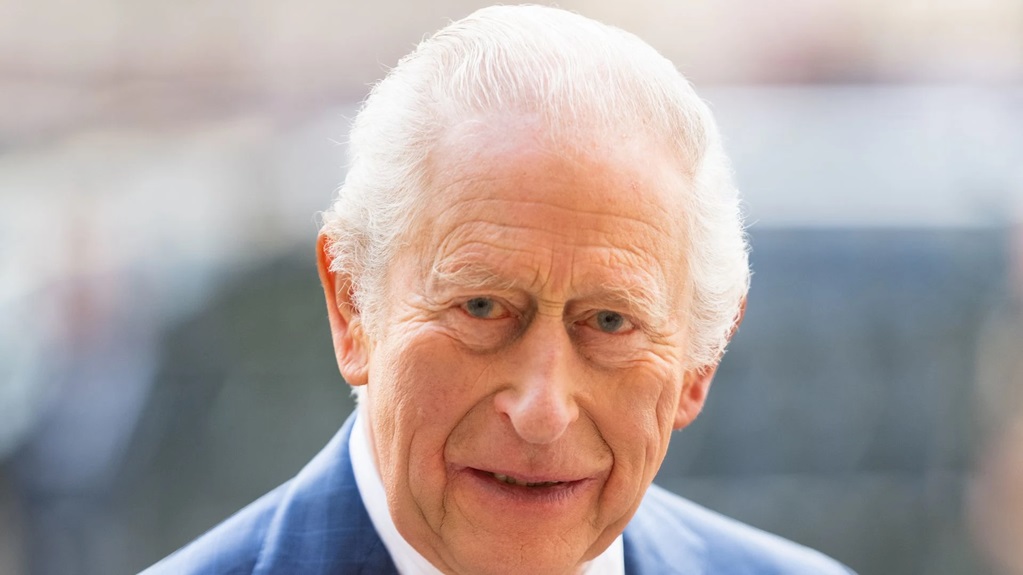UN moving tons of aid from US-built pier after work suspended
Written by WorldOneFm on June 29, 2024
Humanitarian workers have started moving tons of aid that piled up at a United States-built pier off the Gaza coast to warehouses in the besieged territory, the United Nations said Saturday, an important step as the U.S. considers whether to resume pier operations after yet another pause due to heavy seas.
It was not clear when the aid might reach Palestinians in the Gaza Strip, where experts have warned of the high risk of famine as the war between Israel and Hamas militants is in its ninth month. This is the first time trucks have moved aid from the pier since the U.N.’s World Food Program suspended operations there due to security concerns on June 9.
Millions of pounds of aid have piled up. In just the last week, more than 4.5 million kilograms (10 million pounds) were moved ashore, according to the U.S. military.
A WFP spokesperson, Abeer Etefa, told The Associated Press this is a one-time operation until the beach is cleared of the aid and is being done to avoid spoilage.
Further U.N. operations at the pier depend on U.N. security assessments, Etefa said.
The U.N. is investigating whether the pier was used in an Israeli military operation last month to rescue three hostages.
If WFP trucks successfully bring the aid to warehouses inside Gaza, that could affect the U.S. military’s decision whether to reinstall the pier, which was removed due to weather Friday. U.S. officials said they were considering not reinstalling the pier because of the possibility that the aid would not be picked up.
Even if the U.N. decides to keep transporting aid from the pier into Gaza, lawlessness around humanitarian convoys will be a further challenge to distribution. The convoys have come under attack in Gaza. While most aid deliveries come by land, restrictions around border crossings and on what items can enter Gaza have further hurt a population that was already dependent on humanitarian aid before the war.
The June 9 pause at the pier came after the Israeli military used a nearby area to fly out hostages after their rescue in a raid that killed more than 270 Palestinians, prompting a U.N. review over concerns that aid workers’ safety and neutrality may have been compromised.
Battles continue
More than 37,800 Palestinians have been killed in the war since it began with Hamas’ attack on southern Israel on October 7, according to Gaza’s Health Ministry, which doesn’t distinguish between civilians and combatants in its toll. The ministry said the bodies of 40 people killed by Israeli strikes had been brought to local hospitals over the past 24 hours.
At least two people were killed and six injured, including a child, in a strike in Bureij camp in central Gaza.
The October 7 Hamas attack killed some 1,200 people, mostly civilians, and another 250 people were taken hostage.
Israeli forces have been battling Palestinian militants in an eastern part of Gaza City over the last week. Tens of thousands of Palestinians have fled their homes, according to the U.N.
“It’s like the first weeks of the invasion,” one resident, Mahmoud al-Masry, said of the intensity of the fighting. “Many people were killed. Many houses were destroyed. They strike anything moving.”
The Israeli military acknowledged an operation against Hamas fighters in Shijaiyah and Saturday noted “close-quarters combat.”
Elsewhere, thousands of Palestinians who remained in Gaza’s southernmost city of Rafah fled Friday for Muwasi, a crowded coastal tent camp designated by the Israeli army as a safe zone. Some told the AP they evacuated because Israeli gunfire and missiles had come close to where they were sheltering.
Over 1.3 million Palestinians have fled Rafah since Israel’s incursion into the city in early May, while aid groups warn there are no safe places to go.
With the heat in Gaza reaching over 32 degrees Celsius (89 Fahrenheit), many displaced people have found tents unbearable. The territory has been without electricity since Israel cut off power as part of the war, and Israel also stopped pumping drinking water to the enclave.
“Death is better than it, it is a grave,” said Barawi Bakroun, who was displaced from Gaza City, as others fanned themselves with pieces of cardboard.
By Associated Press






